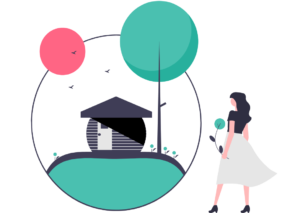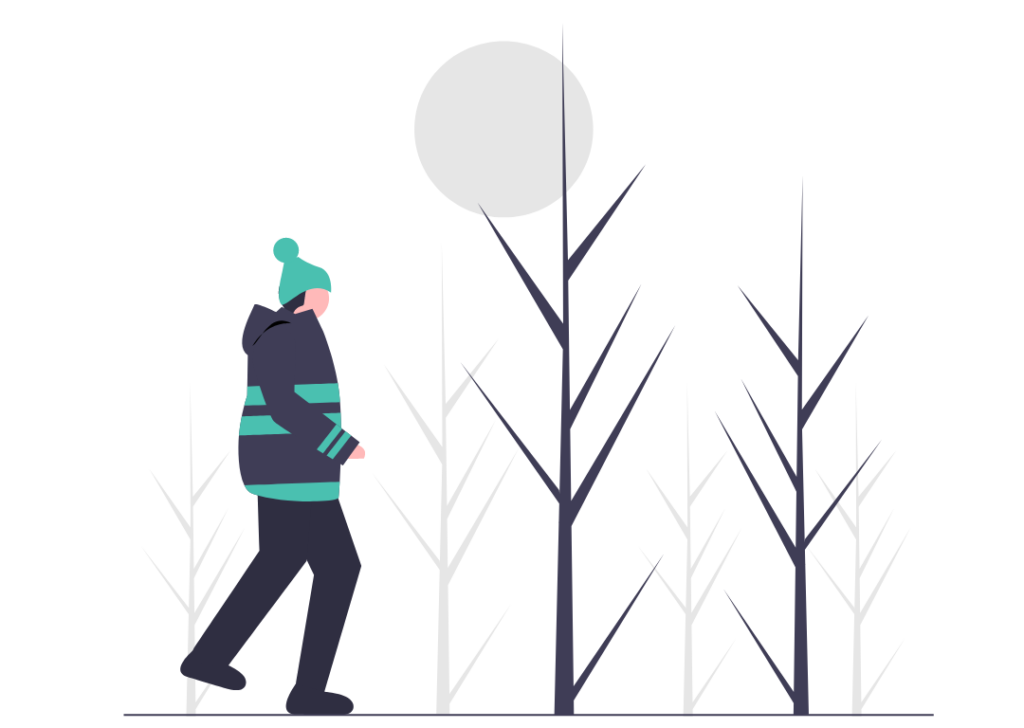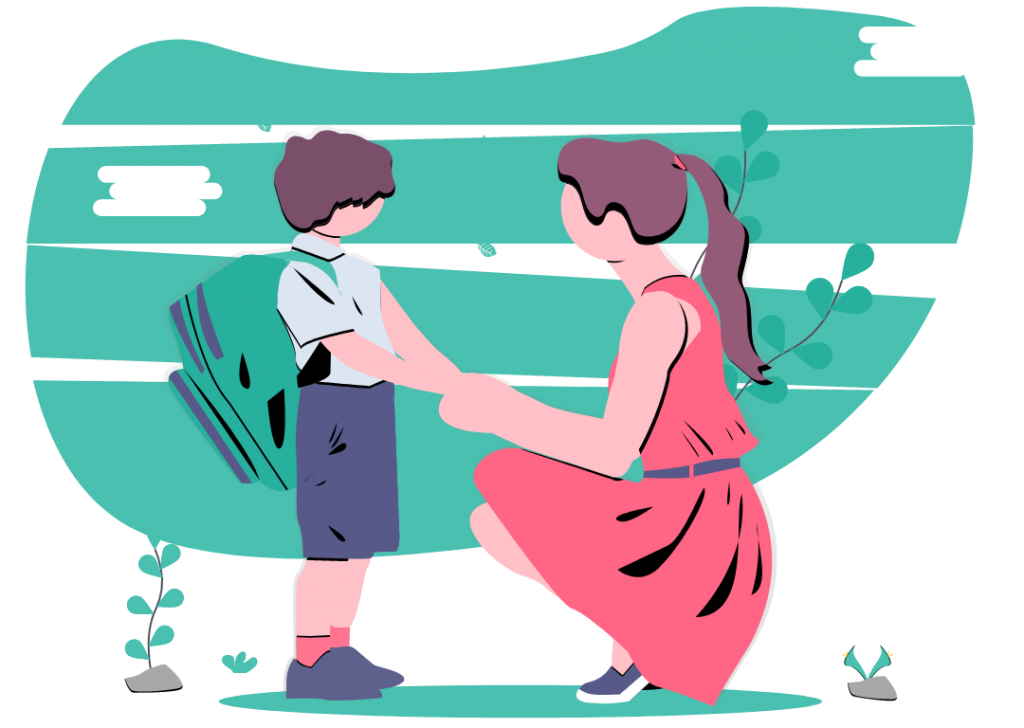
I Inherited Their Greatest Legacy
Lickety's father cared for her mother when she was diagnosed with vascular dementia. Then he suddenly passed.

Amie gave up a thriving sales and marketing career to care for her parents 3000 miles away. She reminds us that the frustrations that come along with caregiving are no one's fault, how crucial it is to find community support, and the importance of being honest with yourself about the level of care you can offer. This is is Amie's story.
As told to Open Caregiving and lightly edited to enhance readability while preserving the author’s voice.
Hi! My name is Amie. I’m a Gen-X woman, and I split my time between Arizona and a small island in Maine. Now that both of my parents are in separate care homes after five years as a family caregiver, I consider myself more of a care manager. Really, though? Once a caregiver, always a caregiver.
Six years ago, I gave up a successful 25-year sales and marketing career in dental insurance (it’s not as exciting as you might think) to care for my elderly divorced parents.
I felt an obligation to quickly assume this role because (a) my dad’s third wife died and at 83 years old, he still had no clue how to pay a bill or manage an old house, and (b) my mom was showing signs of what I first thought was old age forgetfulness, but later turned out to be Alzheimer’s.
I live 3,000 miles away. I’m also an only child. In the blink of an eye I became an unpaid, full-time family caregiver shuttling between Arizona and Maine.
After a year of being angry, frustrated, and feeling the isolation of living on a tiny island and the loneliness of dementia, I realized this was no one’s fault. Not my parents’, not my own, no one’s fault.
I stopped questioning why this was all happening to us. Stopped asking, “why me?”, and began to live on life’s terms.
Whatever happens, happens. I have far less control than I think. It has been a gradual awakening. I have to remind myself that I can’t make it snow. Like, often.
Motherhood. Six years ago, the only children I had were kids with tails: two dogs and a cat. At fifty years old, I suddenly became a mother to two kids in their eighties.
My dad was the unruly teenager who fancied himself Casanova; I was constantly playing whack-a-mole with his memberships on dating websites.
My mother was eight years old again and needed help to button blouses, tie shoes, shower, and make meals. As the years passed, she regressed further, and I often felt like a mother with a newborn. Neither of us slept much; I was always on the edge of sleep listening for her when she began wandering in the early morning hours.
The Freaky Friday role reversal, while quite jarring, also gave me huge levels of compassion and patience for both parents that I didn’t know was possible.
Running, meditation, and writing. That’s the magic combo for me. Chocolate also works well. Also, a lot of coffee.
Caregiving.com. This site, with its daily chats and online community, saved my sanity. There were zero in-person caregiving support groups on- or off-island and when I returned to Arizona for brief respites, even the Phoenix area was quite limited.
I looked forward to the Tuesday morning Twitter chat all week. I found encouragement, shared experiences, and gained confidence as a caregiver and the courage to pursue my passion to write.
No wo/man is an island. Even if you live on one. Ask for help. Reach out. Learn as much as you can from the experiences of others and pass it on. Above all, be gentle—with yourself and others.
If you reach the point where your care needs more than you can give, from an emotional or skill set level, you are not a failure if you decide a care home is necessary. My mistake in telling myself for years that I would never move my mother out of her home resulted in crippling inertia.
For six months, I struggled with depression for the first time in my life. I could barely pull myself out of bed. I didn’t want to go for a run, talk to anyone, or even eat. I knew she needed more care than I was equipped to provide, yet the decision was too monumental to deal with.
Fortunately, I took a friend’s suggestion to talk to a counselor and found the most down-to-earth un-shrink-like psychologist who has first-hand experience with dementia and a degree in gerontology. She helped guide my decision to move my mom to a memory care home, but ultimately it was my decision. I still talk to her frequently.
Read more about Amie’s experiences on her blog, This Demented Life.

Lickety's father cared for her mother when she was diagnosed with vascular dementia. Then he suddenly passed.

Sawyer was living with in Vermont his wife and two toddlers when his dad was diagnosed with lung cancer.

Kelly's 5-year-old son was diagnosed with a brain tumor and she immediately started rearranging her life to support his care.